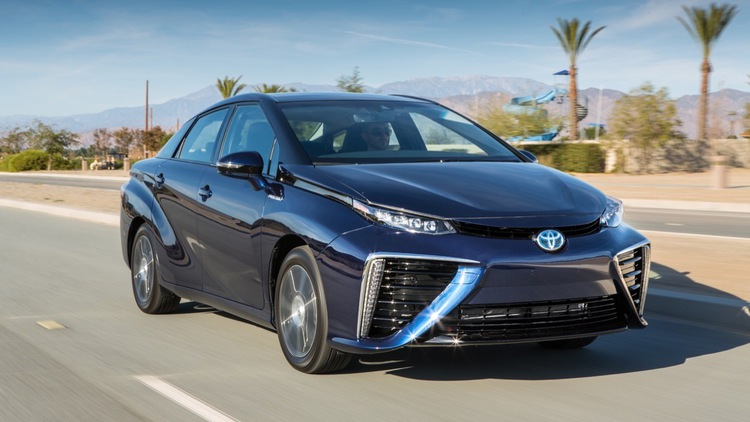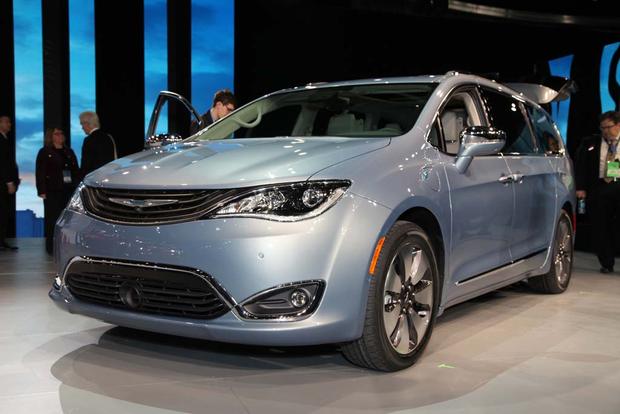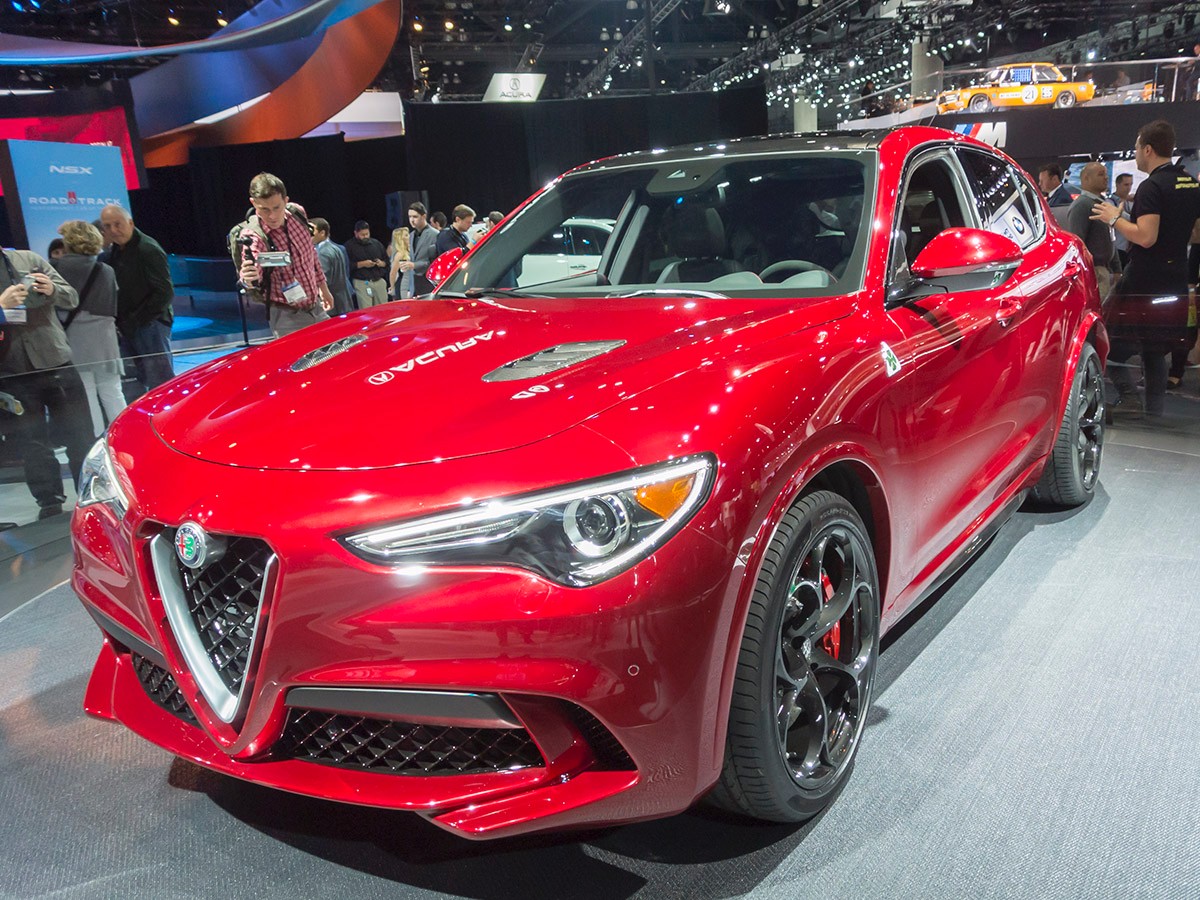-
2018 Buick Enclave “Avenir” will have ionic air purifier - April 12, 2017
-
Lease a Luxury Car for Less Than You Think - April 5, 2017
-
Shopping for a Car When Your Credit is Low - March 31, 2017
-
Aston Martin Closer to Unveiling Second-Generation Vantage - March 21, 2017
-
2017 Bentley Bentayga SUV: Offroad for $238,000 and Up - March 14, 2017
-
Pagani Huayra is Finally Here, Only $2.4M - March 9, 2017
-
Mercedes AMG E63 – For When Your Wagon Needs Drift - February 6, 2017
-
2018 Audi Q5 SUV: Enhanced Performance - January 30, 2017
-
2018 Toyota Camry Due in Late Summer - January 27, 2017
-
2018 Dodge Challenger SRT Demon Will Outstrip Hellcat - January 23, 2017
Congress Kills Hydrogen Tax Credits, Toyota Mirai and Honda FCX Will Cost $8,000 More

Congress has put a stop to an $8,000 tax credit that would have significantly reduced the cost for buyers of hydrogen cars next year. The Toyota Mirai hydrogen powered car (shown above), which will launch during 2015, will cost $57,000. The Mirai would have qualified for the $8,000 tax credit, which would have brought the customer’s cost from stratospheric down to just atmospheric (when compared to other small cars, it’s not unexpected for first adopters to pay a premium). Honda also has a hydrogen vehicle in the works, the FCX, which will launch in 2016.
Congress has finished all work for 2014, and left without extending the tax credits that expire on Dec. 31, 2014. The tax credits could be extended later and if they are, they would apply retroactively to anyone who purchased a hydrogen car in the appropriate time frame.
Honda isn’t happy about the change to the hydrogen car tax credits, Robert Bienefield told AutoblogGreen "We are working with many partners on the legislative front to address this situation, we believe that legislators do not intend to pick winners and losers by providing tax credits to some technologies and not others. Many automakers believe that fuel cell vehicles are an essential part of the technology options we need to address ultra-low carbon transportation in the long run."
Source: Autoblog



















